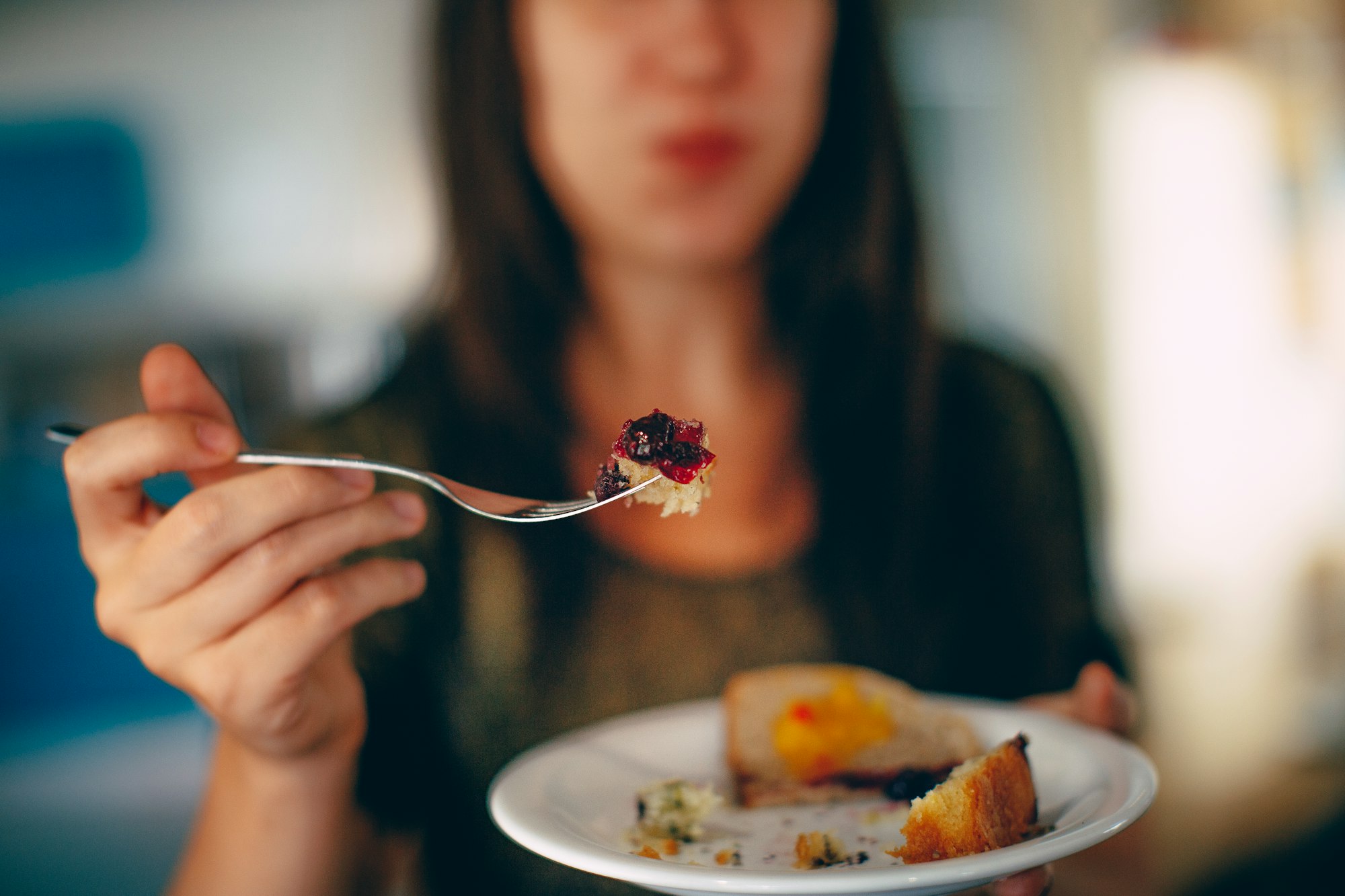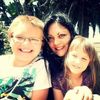What Is the Best Breastfeeding Diet to Follow?
Whether you make nourishing your body a priority or not, your body will continue to prioritize milk production. Your baby's needs will be satisfied before yours.

You do not need a special breastfeeding diet to provide the right nutrients through your breast milk. But you do need to eat enough calories daily. Use our breastfeeding calorie calculator to determine precisely how many extra calories you should eat. It is always a good idea to check your BMI and adjust your calorie intake accordingly.
Whether you prioritize nourishing your body or not, your body will continue to prioritize milk production. Your baby's needs will be satisfied before yours.
The Best Breastfeeding Diet
Foods to Avoid While Breastfeeding
- Shark, swordfish, tilefish, and king mackerel. They have high mercury content.
- Tuna. Eat no more than one tuna steak or two 170g cans a week.
- Coffee (limit to two cups a day).
- Using artificial sweeteners like saccharin.
- Stay away from processed foods as they contain too many additives.
Extra Vitamins and Nutrients Needed
Extra vitamins & nutrients needed while breastfeeding:
- Calcium: A minimum of 1,000mg is required daily. You can find calcium in foods such as; sesame seeds, almonds, hazelnuts, tofu, and kale. You should eat four serving of any one of these every day. Mothers of babies with milk intolerances can take a calcium supplement like calcium lactate, which contains no milk proteins.
- Folic acid: Found in asparagus, cabbage, corn, chickpeas, spinach, and orange juice.
- Zinc: You need 20mg every day—foods: Eggs, meat, oats, peanuts, and prawns.
- DHA & AA: These are essential fats needed for your baby’s brain development. Foods that contain these fats are nuts, green vegetables, and fatty fish such as herring, sardines, and anchovies.
- Choline: Also needed for your baby’s brain development. Foods rich in Choline: Eggs and beef.
- Don’t forget to add a multivitamin to your breastfeeding diet and ensure it contains iron. Eat foods containing iron every day. For non-meat sources like breakfast cereal or green vegetables, include vitamin C, such as a glass of orange juice, in the same meal to increase iron absorption.
- Vitamin D: Foods that contain Vitamin D to add to your breastfeeding diet: Oily fish.

Food Intolerance
Things that can irritate your baby via your breast milk
If you are convinced that something in your diet is causing discomfort, you should get your baby tested for allergies before altering your diet.
Can certain foods cause gas in the breastfed baby?
New Research on Infant Food Allergies
Recent research suggests that introducing "culprit allergy foods" into your baby's diet in small amounts from the age of 4 months can prevent allergic reactions later. A mother is now encouraged to eat these foods during pregnancy and breastfeeding unless she herself is allergic to a specific food. Some culprit foods include dairy products, nuts, fish, eggs, wheat, soy, and citrus fruits. Reference for this new information: Allergies - Where are we now?

Tushbaby Hip Carrier
With its ergonomic design and comfortable waistband, Tushbaby provides optimal support for both you and your baby, allowing for bonding on the go. Say goodbye to shoulder and back pain from traditional carriers, as Tushbaby evenly distributes your baby's weight, relieving strain and promoting better posture.
Breastfeeding Diet Tips
- Try to consume at least three fat servings daily. Eat healthy fats from nuts and seeds and coconut oil or olive oil.
- Try to drink as much clean water daily as possible. A few hydration tips are discussed here.
- Stay away from tobacco. Nicotine passes directly through the breast milk to a baby. If you cannot do this, then at least make sure that your last cigarette is an hour apart from your next feeding session.
- Avoid excessive alcohol intake, as it may retard your baby’s growth.
- Stay away from drugs not prescribed by your doctor, such as laxatives.
- Try to stay away from excess sugary or salty foods.
- New scientific studies show that a breastfeeding diet containing organic dairy and meat products instead of conventional products increases the fatty acid content in breast milk.
Postpartum Weight Loss
Breastfeeding and weight loss
Your baby will consume between 200 to 1000 calories from your breast milk daily. Work out yours here. Most mothers lose weight after having a baby. Some lose all postpartum weight after just a month. But others say they don't seem to lose the extra pounds while breastfeeding.
Weight management is up to the mother's body, lifestyle, and diet. Genetics may also play a role.
